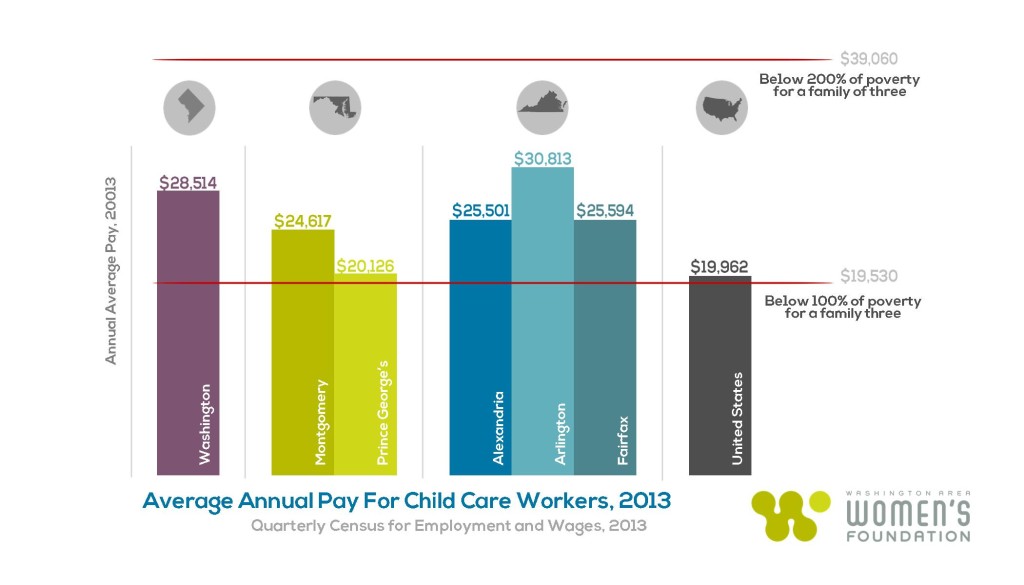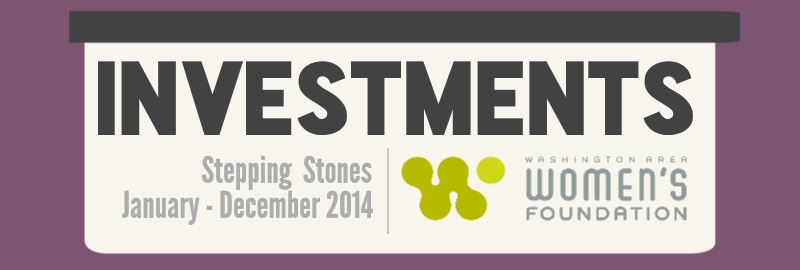
Resource – Issue Brief on the Trends, Challenges and Opportunities for Women in the Washington Region’s Labor Force
At Washington Area Women’s Foundation, we believe that every woman should be economically secure. Our goal is to build better opportunities for our region’s









